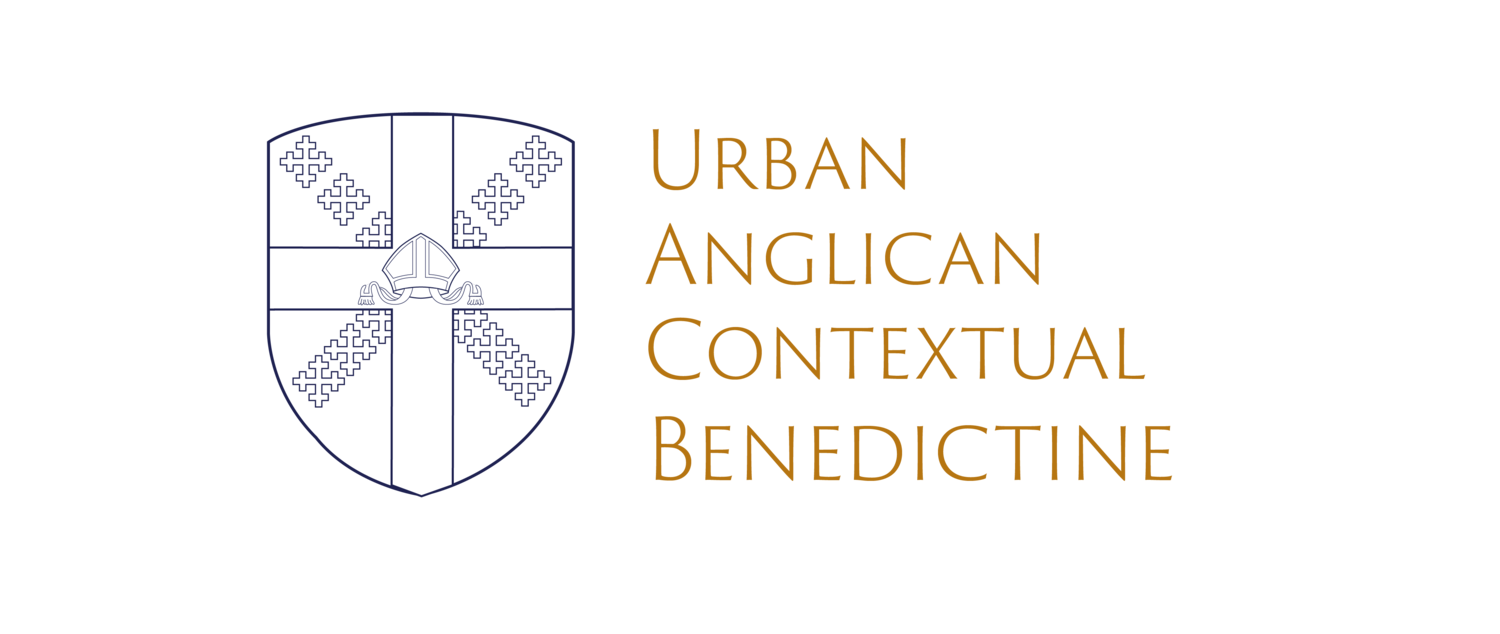Reflections on Mutual Ministry from The Upper Peninsula
Today, GTS Vice President of External Affairs and Special Projects, Joshua A. Bruner, returns from the Episcopal Diocese of Northern Michigan’s Visitor Weekend in Marquette, Michigan, after a gathering of church leaders discussing the vision and mission of Mutual Ministry.
Also present at the weekend were leaders of the new Mutual Ministry Initiative, which is a Lilly Endowment grant project housed at Virginia Theological Seminary, led by the Rev. Lydia Kelsey Bucklin, who also serves as Canon to the Ordinary for Discipleship and Vitality in the Diocese of Northern Michigan. The weekend included opportunities to hear from local voices in the Upper Peninsula, where Mutual Ministry has been a standard mode of operation for decades in most parishes. The weekend continued with a discussion on the importance of quality theological education and formation for leaders of the church. For some, residential seminary remains a standard. More and more, the church seeks theological education and formation done in a local context that doesn't sacrifice the quality of experience in residential seminaries. In addition to GTS and the Upper Peninsula, visitors included several representatives from The Episcopal Church in Navajoland and The Lifelong Learning Center at VTS, led by Dr. Lisa Kimball.
“The church has incredible deacons and priests; and many are exhausted. What we have learned, especially since March 2020 is that our clergy need support. But in many cases, it is difficult for clergy to dispatch ministry responsibilities to lay ministers, simply because that is not the church they recognize," said Bruner. "Systematic clericalism has often held back God's work in local contexts. Often with the best of intentions, clericalism hurts both clergy and laity, hinders both the church and its mission."
This Fall, General begins its first year offering a fully hybrid program for the Master of Divinity program and welcomes its largest incoming class of M.Div. students in nearly a decade. This model, developed by the Rev. Dr. April Stace, allows students to travel to Chelsea Square for intensive weeks throughout the academic year, while largely remaining in their localities while receiving instruction from GTS faculty. But going hybrid does not translate to "online seminary." It means learning from and connecting with the active local context the student intends to serve. They learn wherever they are, exposing GTS faculty and staff to the Spirit-led work happening within the Church.
"As our world continues to fracture, connecting with the Holy Spirit's active work in ministry being done from Trinity Church in Gladstone, MI to Trinity Church on Wall Street grows in significance," said Bruner. "GTS is committed to empowering our students to become lay and ordained leaders for the church and all its diverse personalities, histories, and needs of each community."
For more information on the Mutual Ministry Initiative, visit upepiscopal.org/overview-of-mutual-ministry/.





